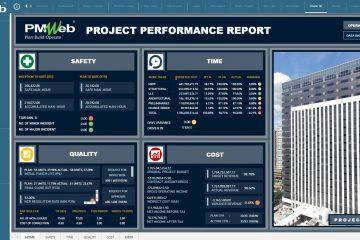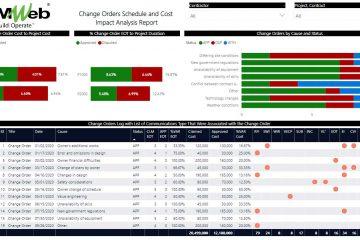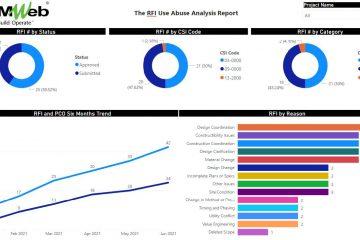Blog Forms Performance Reporting
What Are the Key 4 Signs to Tell You that Your Reported Capital Construction Projects’ Performance is Not Trustworthy?
For entities who are involved in delivering capital construction projects, senior executives continue to depend on others to prepare their periodical progress reports of the achieved projects’ performance. In other words, those executives have no other choice but to accept the projects’ performance reports being shared with them to give Read more…



